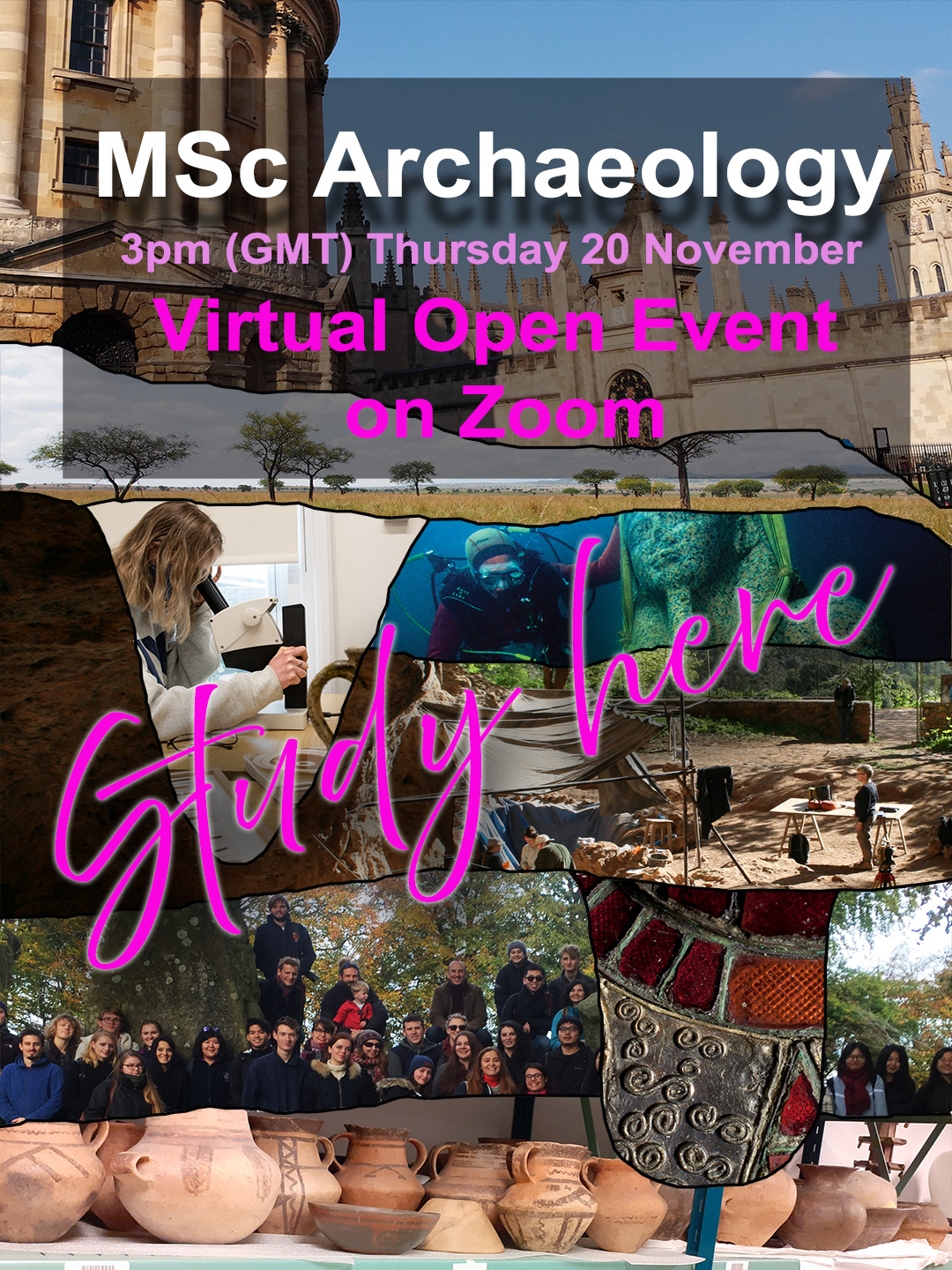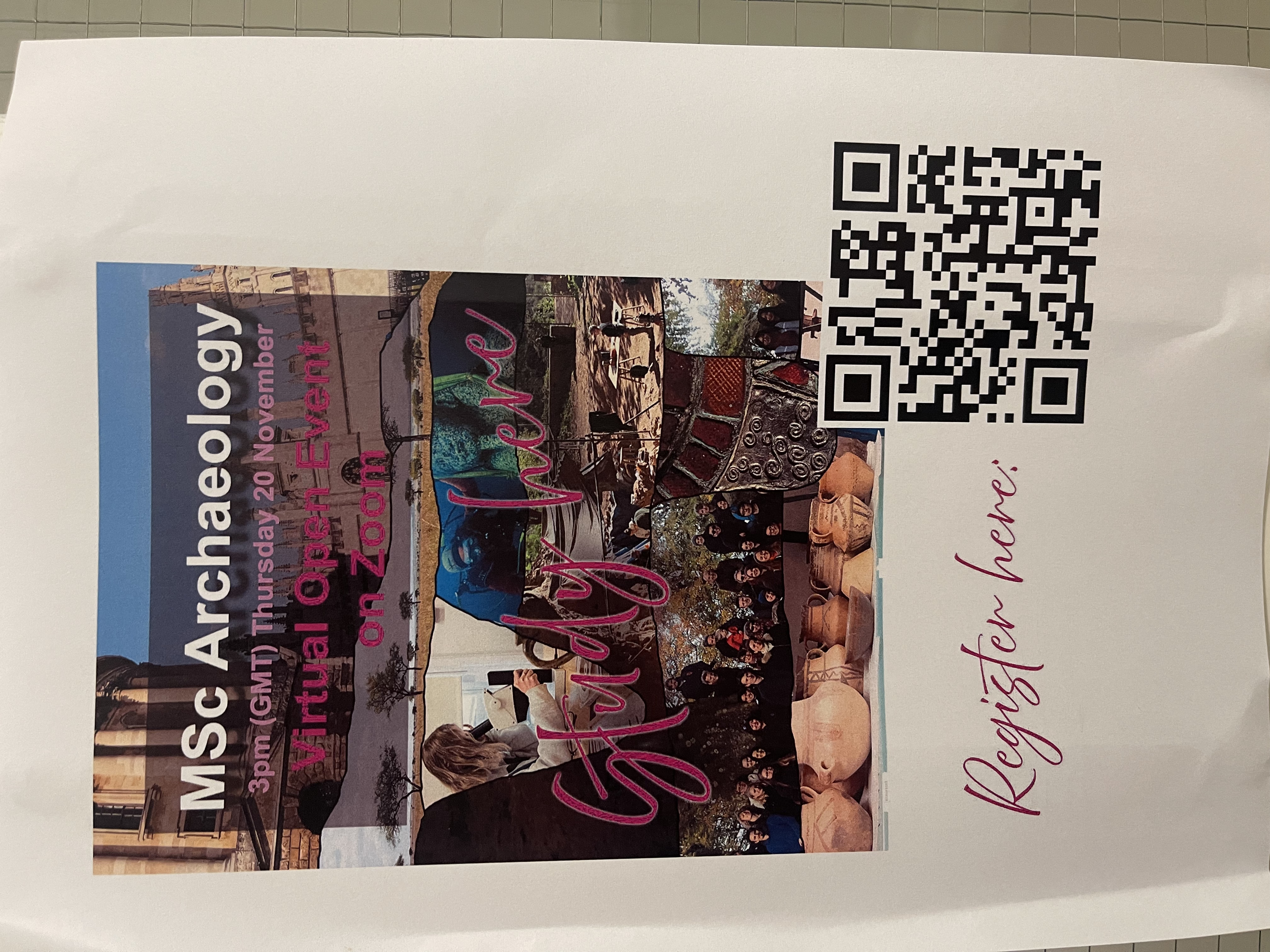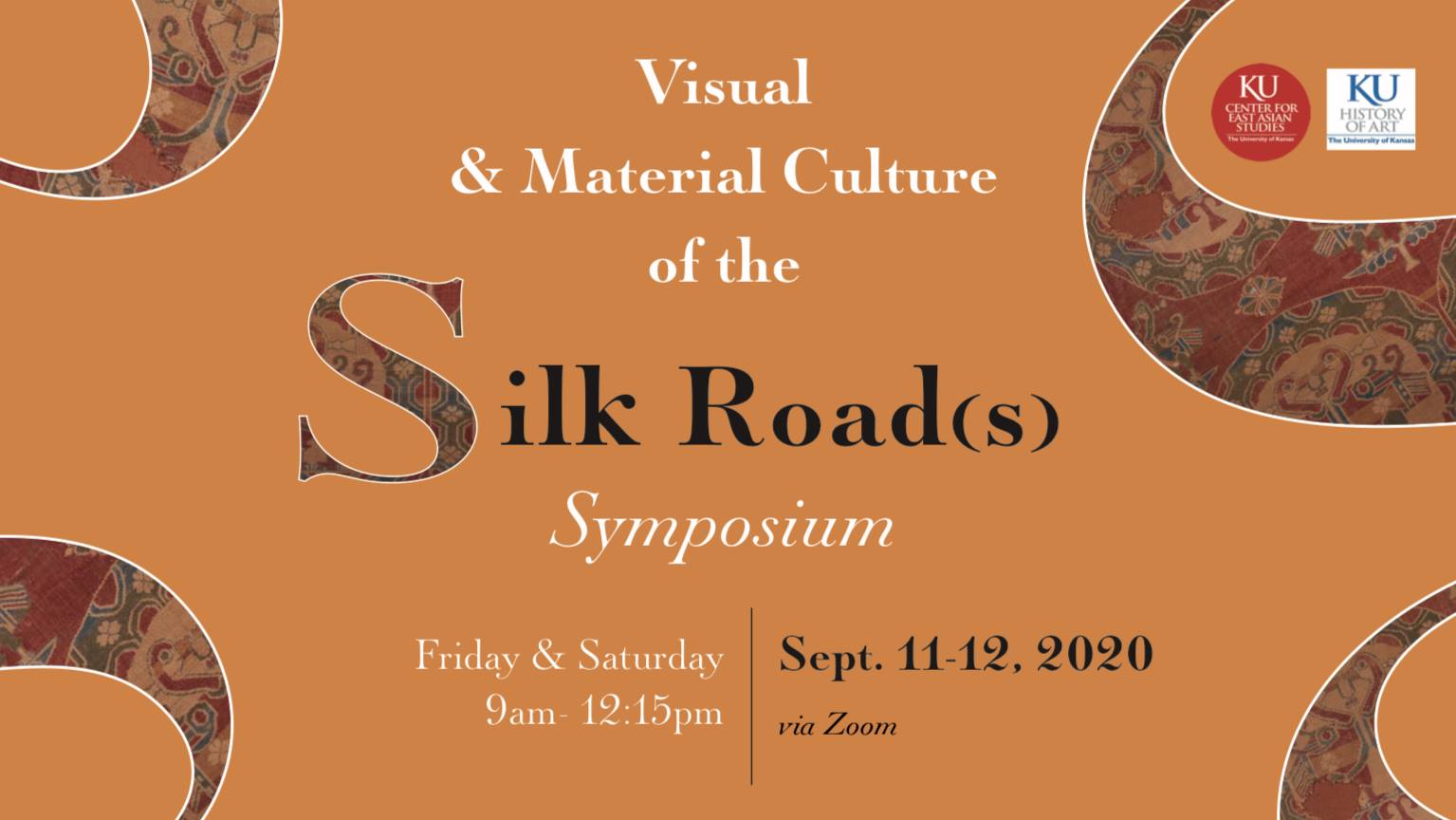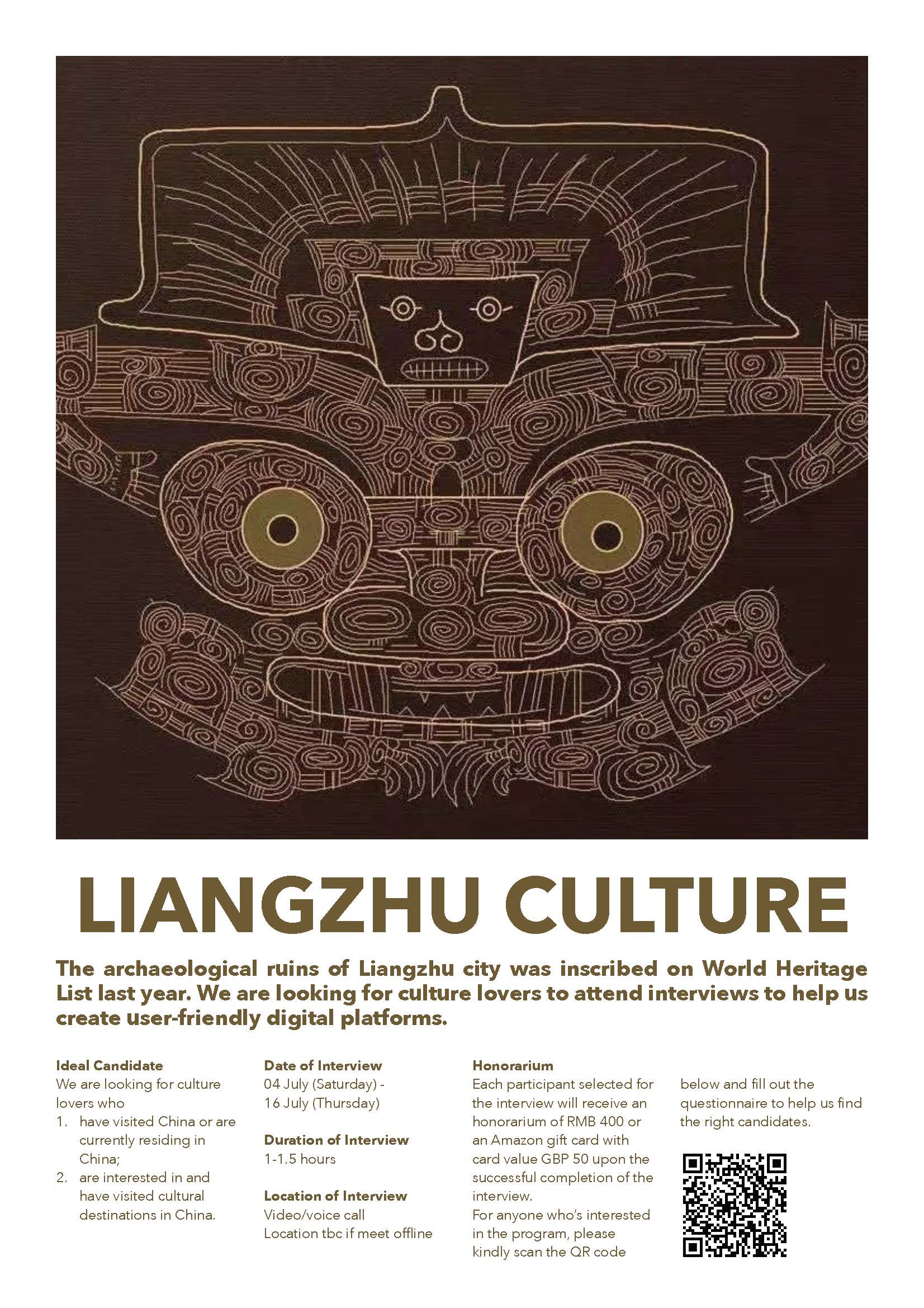Project Curator: Reimagining the British Museum Project
2 positions available
Collection Projects and Resources
Full-Time, Fixed-Term (23 Months, end date 21 June 2023)
£38,414 per annum
Application Deadline: 12pm on 8 July 2021
The British Museum is seeking two Project Curators to join a dedicated project team in the delivery of an exciting and complex new project to place global collaboration at the heart of the Museum’s new masterplan. The Reimagining the British Museum project will develop new curatorial approaches to interpreting the collection and developing the narratives that will underpin a comprehensive redisplay of the galleries.
In this role you will work with curators and other specialists across the organisation as well as individuals and groups around the world to develop curatorial briefs for new suites of permanent galleries. You will deliver pilot projects such as displays, and digital or other public programmes to test and evaluate different collaborative methods and narrative approaches, contributing to a clear plan and framework for how the Museum will collaborate globally in the development and delivery of its masterplan. Working beyond your own area of expertise or scholarly discipline, you will provide the right environment to stimulate new thinking and debate while balancing the need to meet challenging deadlines.
The start date of these posts is planned as the beginning of August 2021.





